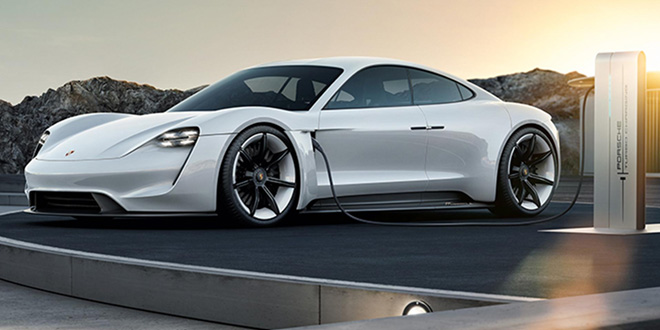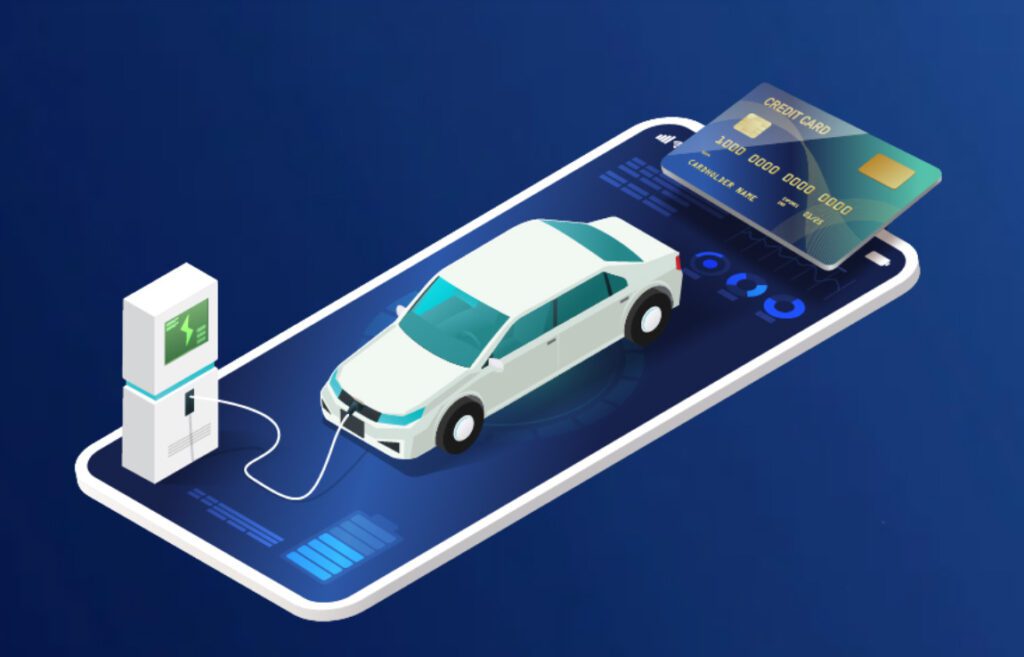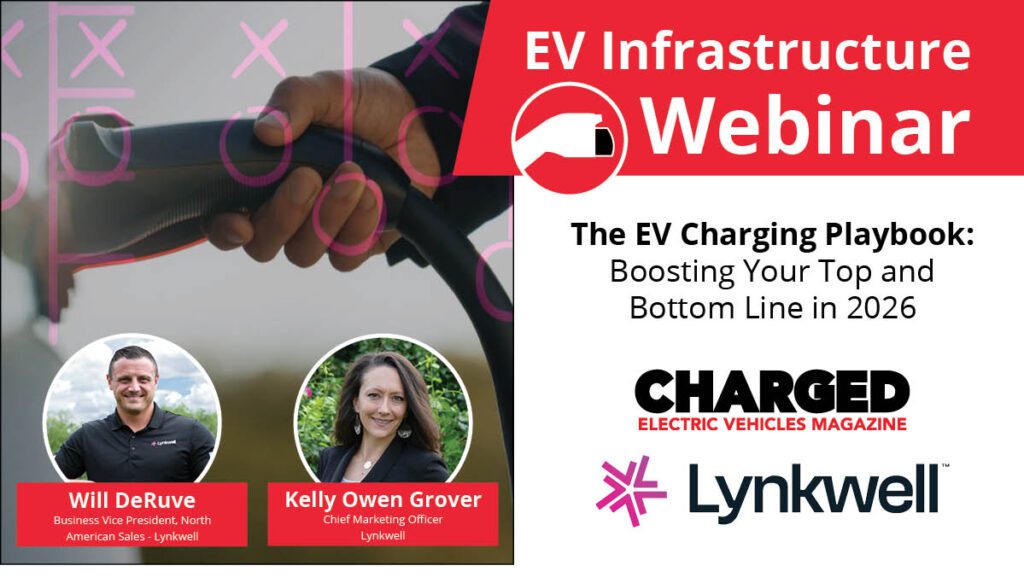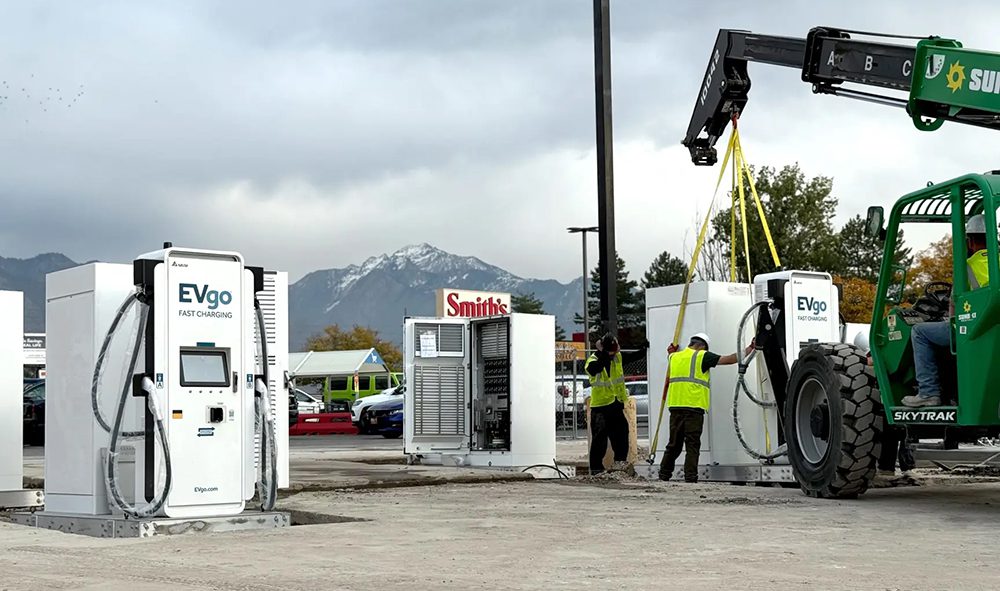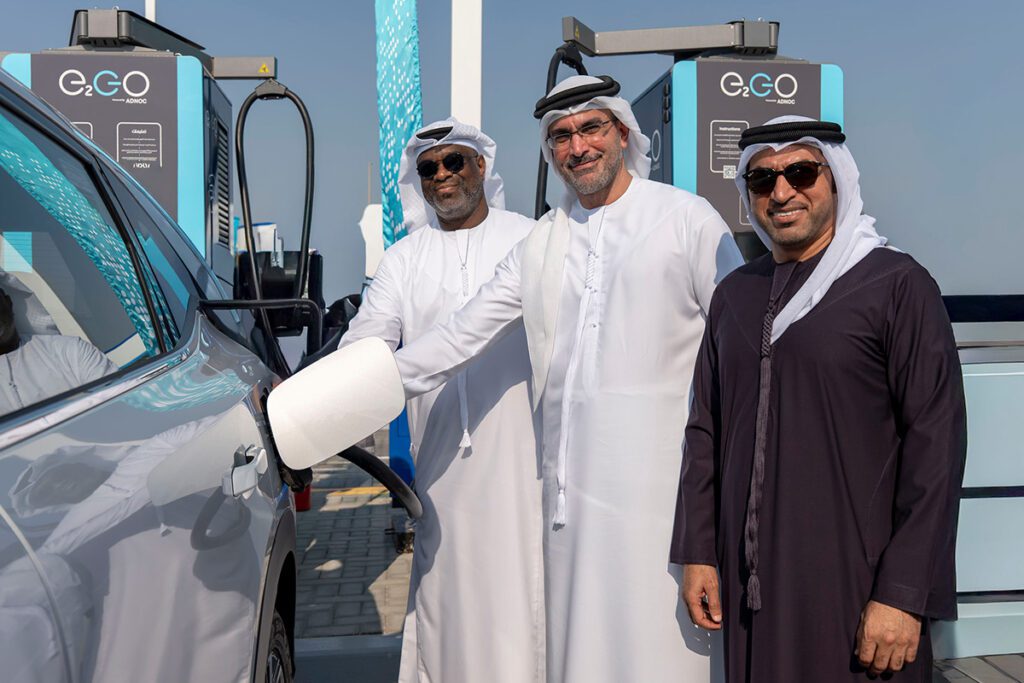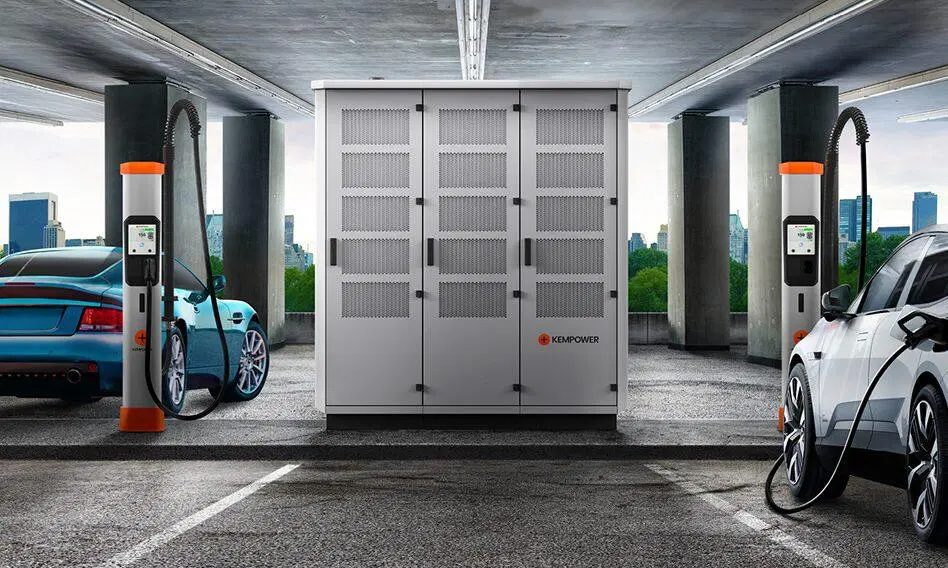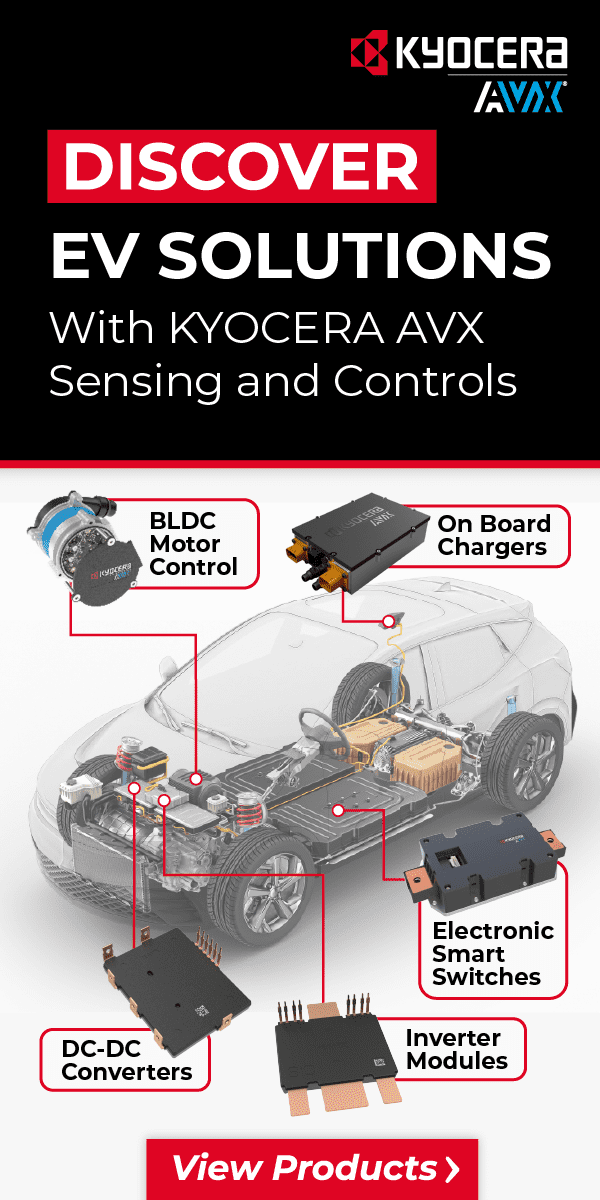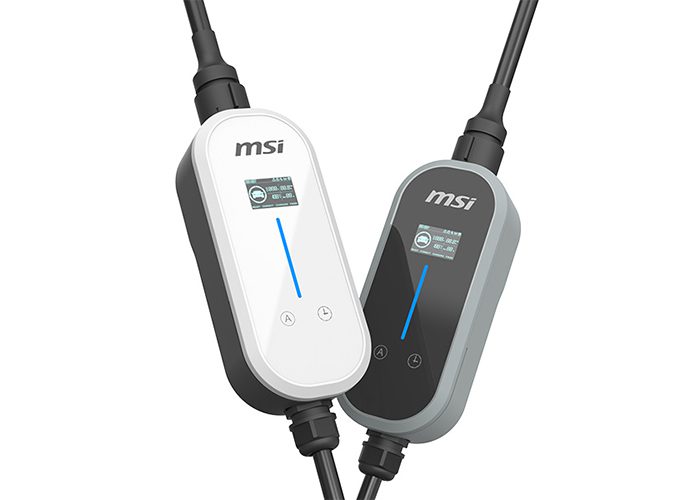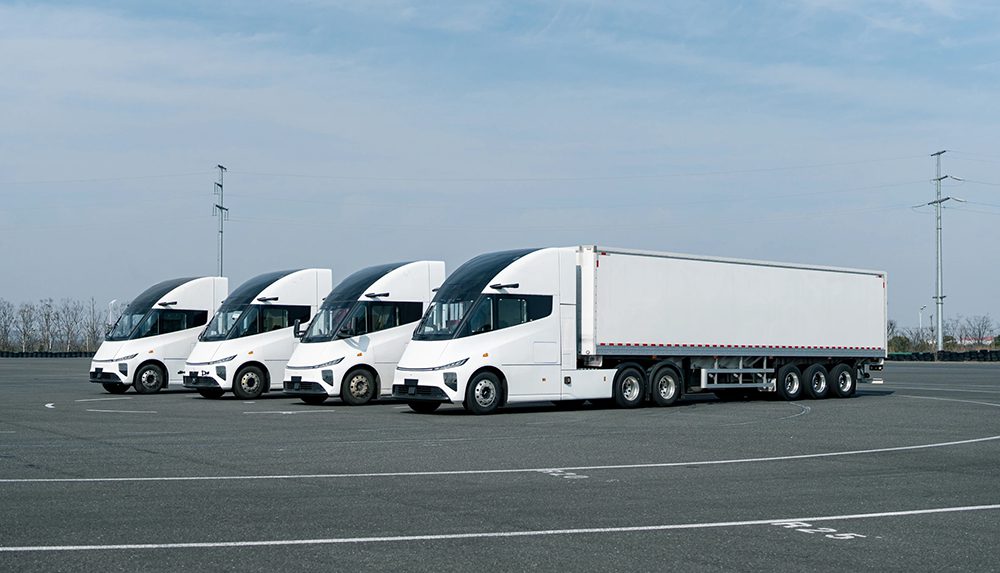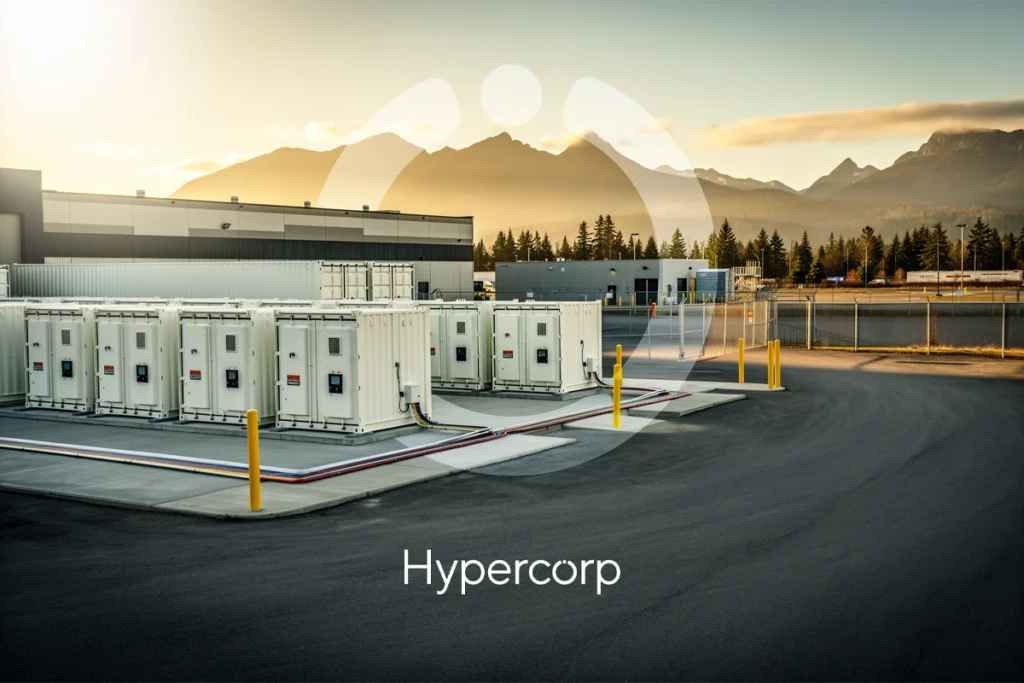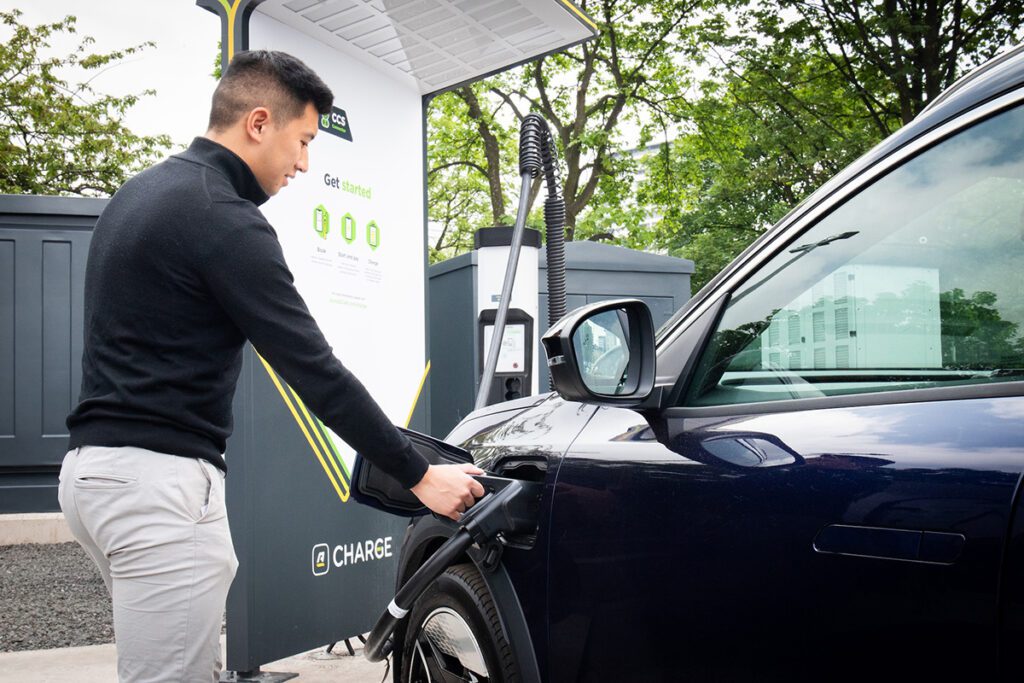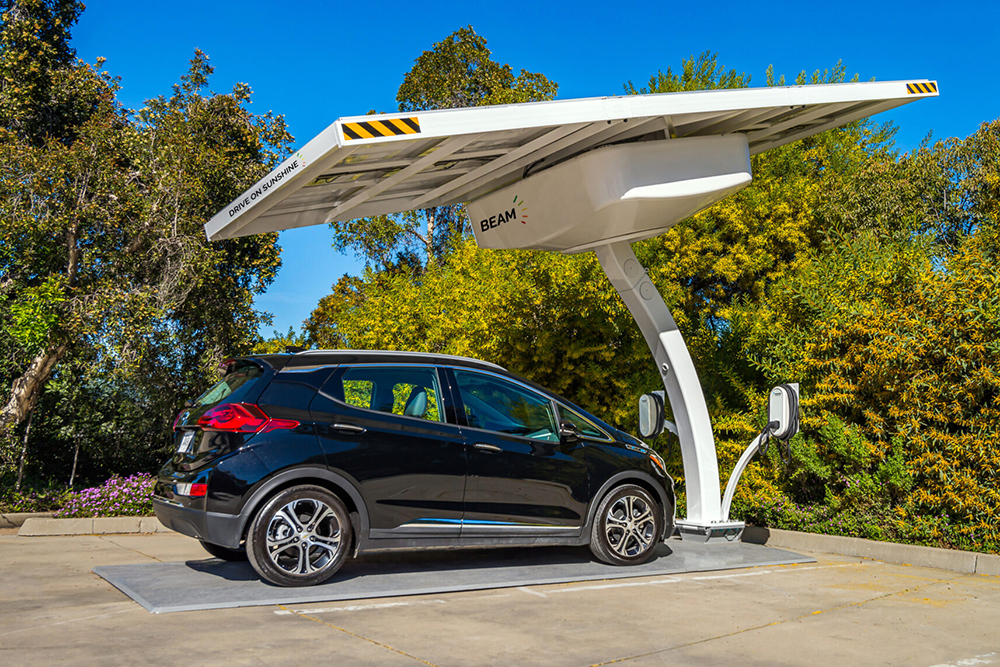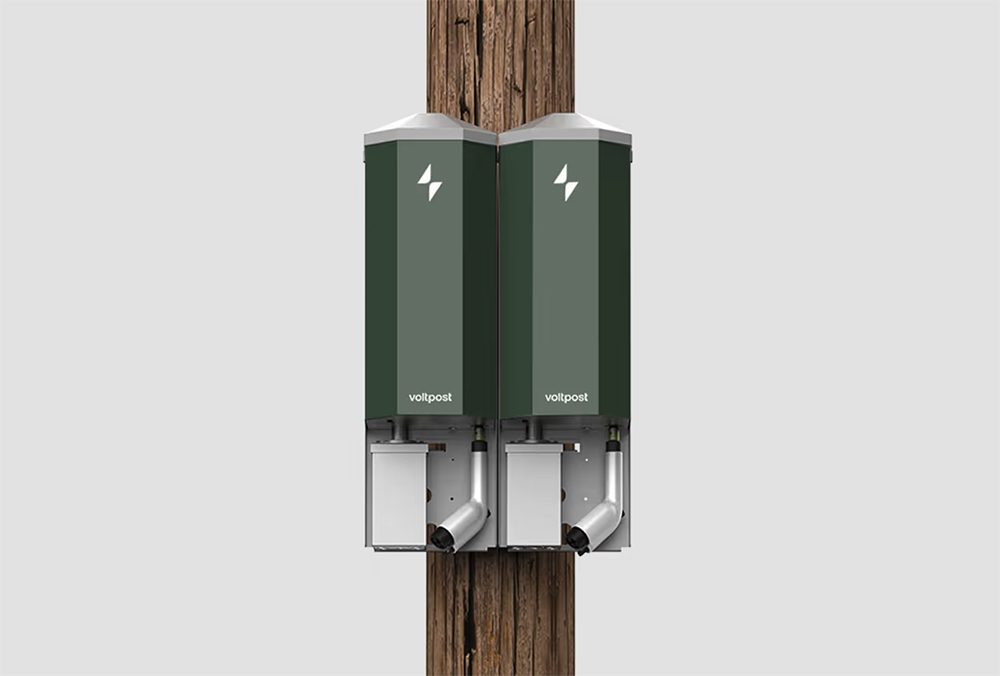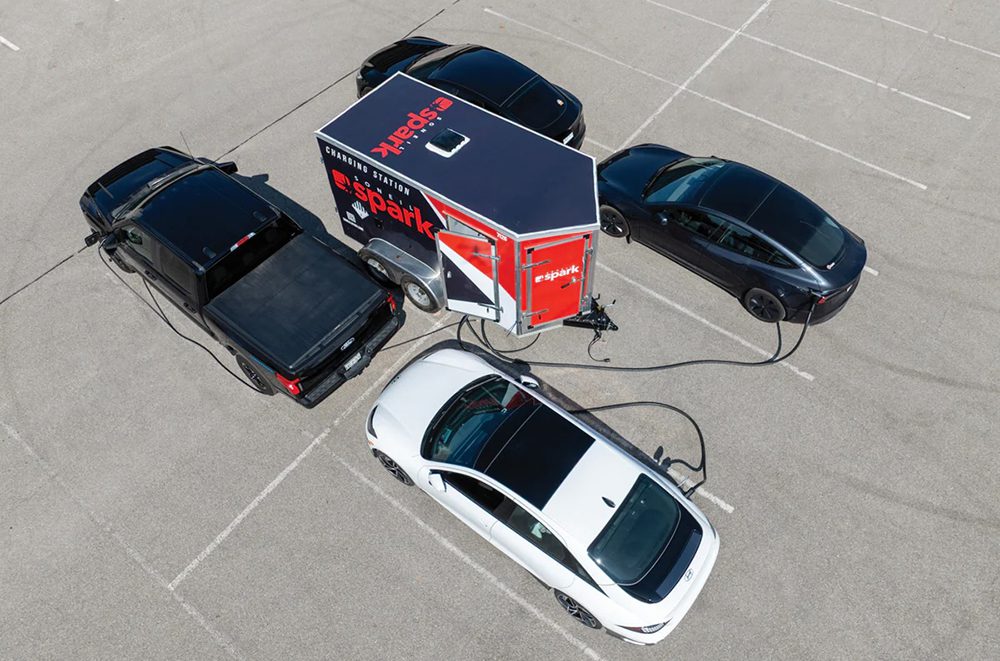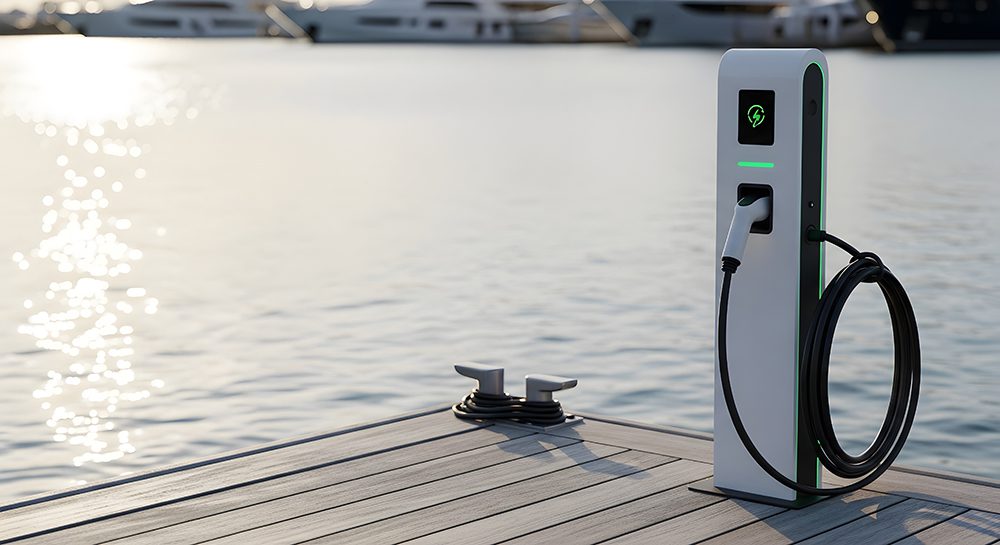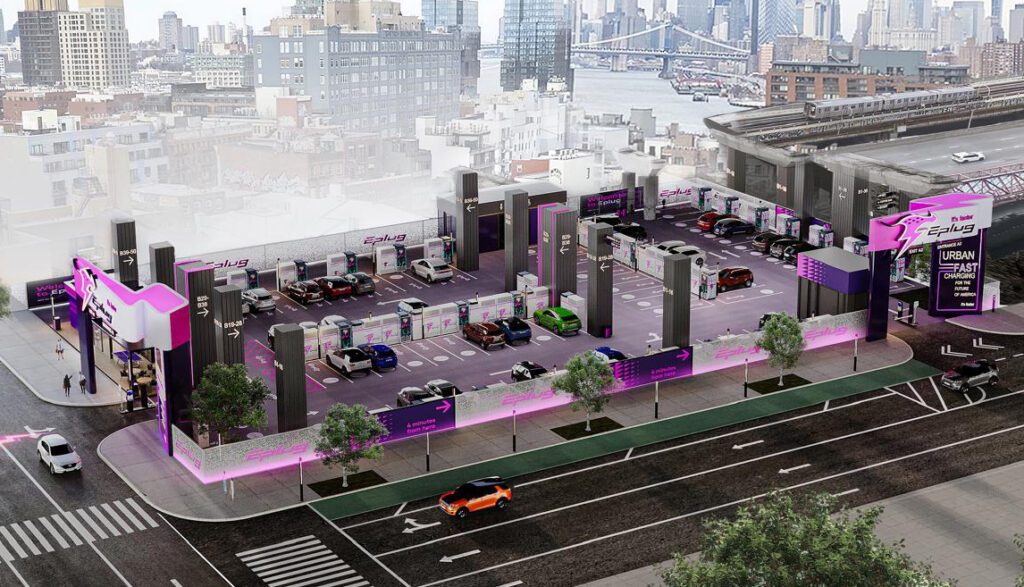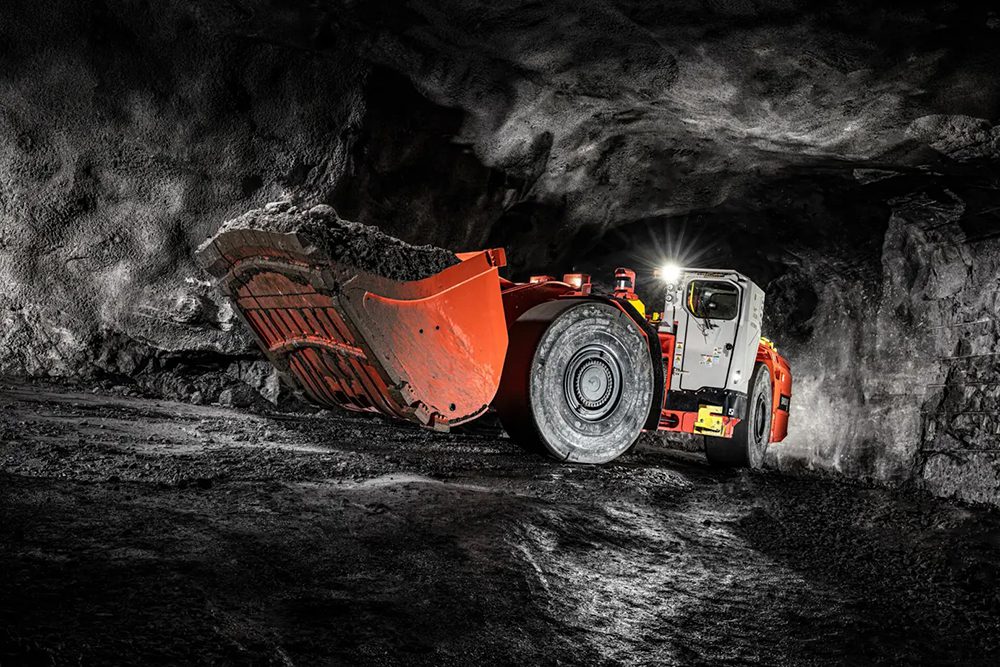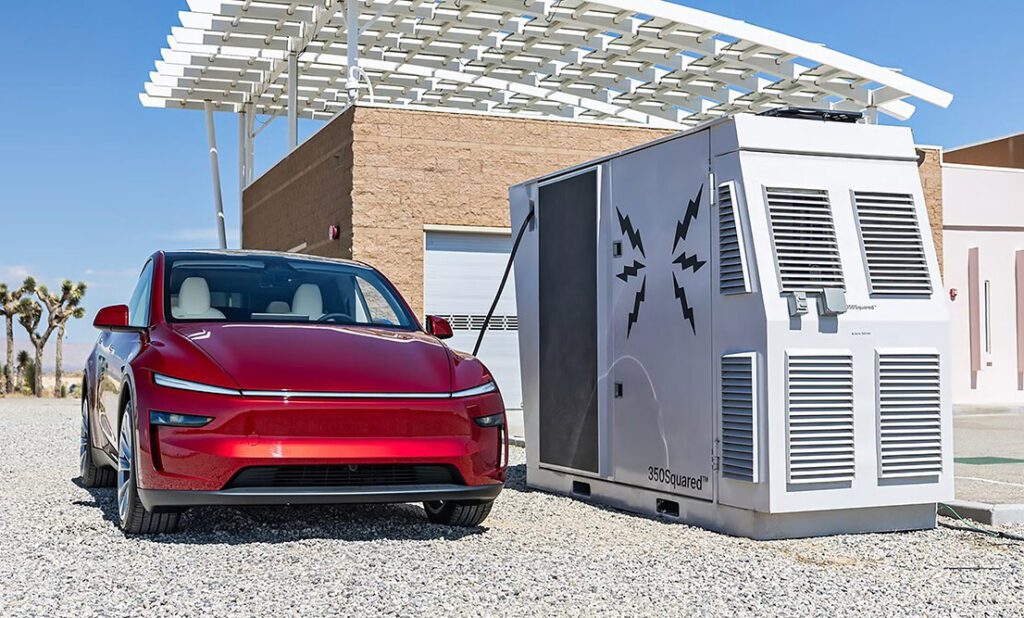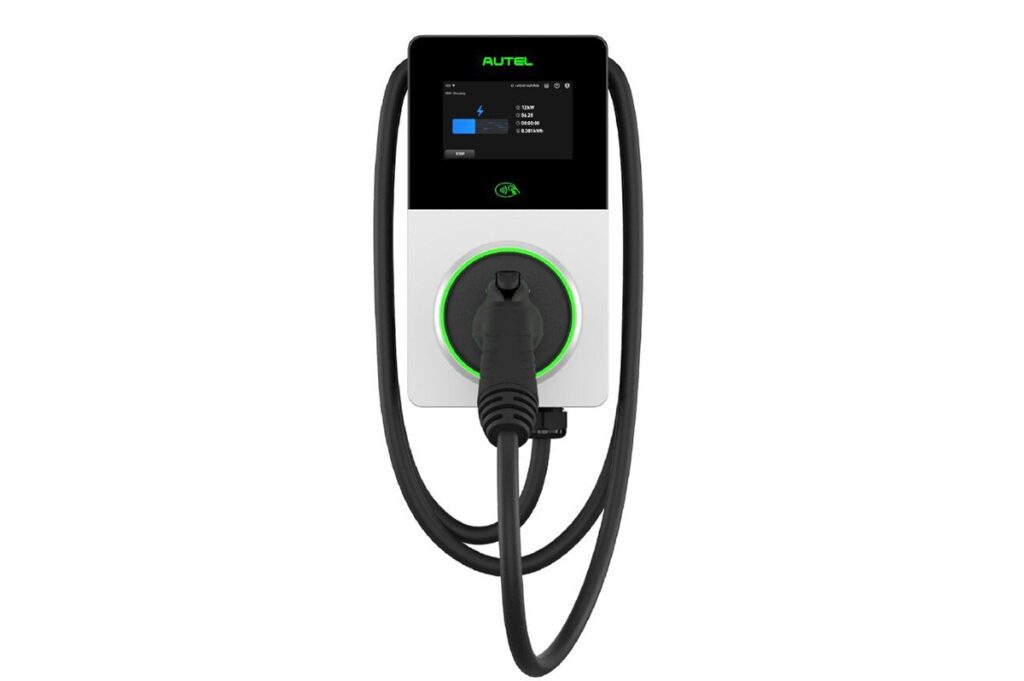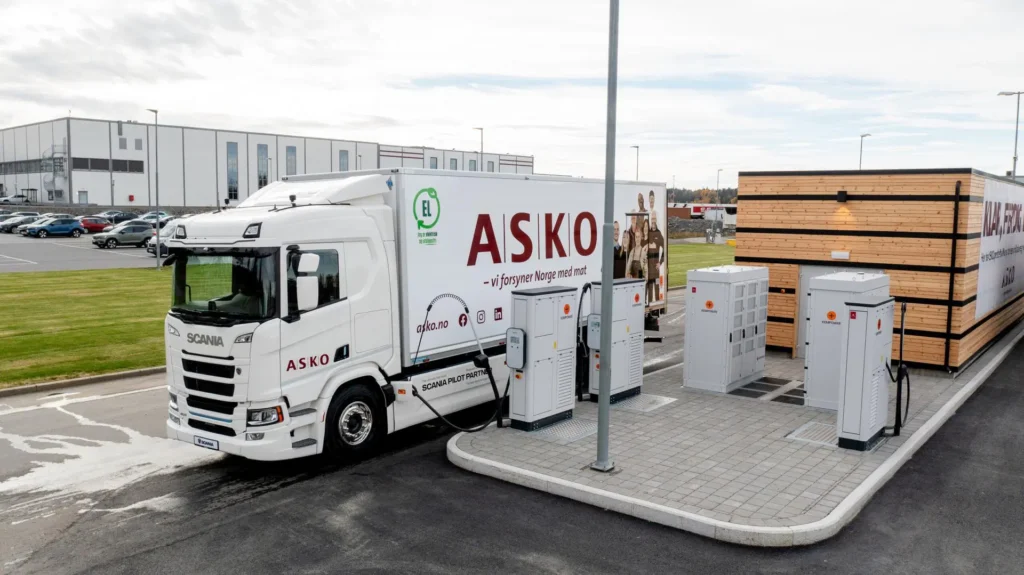When Tesla introduced its Supercharger network, not only was it the most powerful charging system available, but it was free for Tesla drivers. Free charging was a sort of teaser offer to overcome new buyers’ range anxiety, and Tesla later added fees. However, the company aims to keep the cost of charging below that of gasoline, and has said that it will never make the Supercharger network a profit center.
Porsche apparently disagrees with this approach – Board Member Lutz Meschke recently told journalists that his company hopes to make a profit from selling electricity to drivers. When GearBrain asked if Porsche planned to operate chargers as profit centers, Meschke laughed and said, “Yes, we want to earn money with the new products and services. Of course.”
In regards to Tesla’s Supercharger network, Meschke said, “It was only free for a while. You cannot run things like this, you have to earn money from these services.” Unlike Tesla, Porsche plans to bill drivers from day one. “We can invest in the beginning but after two or three years you have to be profitable with the new services, of course.” Meschke added that the price of electricity from Porsche chargers will be similar to that of gas.
Grain of salt department: Porsche is expected to start delivering EVs by late 2019 at the earliest, and whatever Mr. Meschke may say, it’s not clear how much control Porsche will have over charging rates at that time. The brand is a member of the Ionity charging network, a consortium that includes several other automakers. In the US, electric Porsche drivers will have access to the Electrify America initiative, which is controlled by Porsche’s parent company Volkswagen.
The EV charging industry is in its infancy, but it’s already a crowded space, with governments, utilities, automakers and third-party startups all getting into the act. Batteries and charging infrastructure are both still rapidly developing technologies, so at this point, it’s impossible to say what the charging scene will look like in a few years. It’s far from clear how important public charging will be, much less whether it will be possible – or desirable – to make it a profit center.
Source: Electrek






